Home>Kitchen & Cooking>Kitchen Gadgets & Utensils>How To Get Rust Out Of Kettle
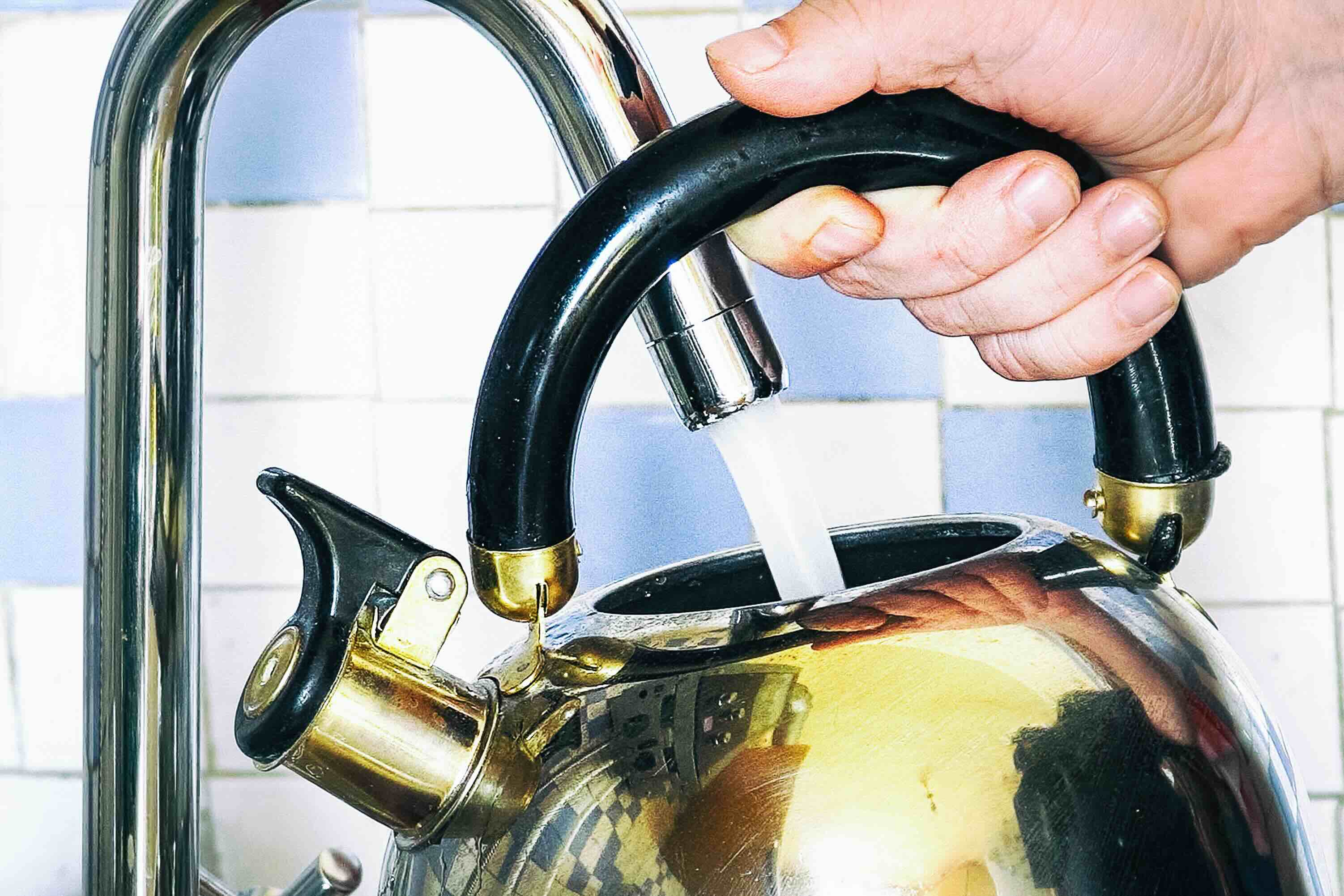

Kitchen Gadgets & Utensils
How To Get Rust Out Of Kettle
Modified: August 26, 2024
Learn how to effectively remove rust from your kitchen gadgets and utensils with our simple and effective tips. Keep your kitchen tools looking clean and rust-free.
(Many of the links in this article redirect to a specific reviewed product. Your purchase of these products through affiliate links helps to generate commission for Storables.com, at no extra cost. Learn more)
Introduction
Welcome to the world of delightful tea and invigorating coffee! Kettles are invaluable companions in our quest for the perfect brew, but they are not immune to the pesky problem of rust. Over time, exposure to moisture and oxygen can lead to the formation of rust in kettles, compromising not only their appearance but also the quality of the beverages they produce.
Fear not, for there are effective ways to bid farewell to rust and restore your kettle to its former glory. In this comprehensive guide, we will explore various methods for removing rust from kettles, as well as preventive measures to keep rust at bay. Whether you prefer natural remedies or commercial solutions, there's a method suited to your needs and preferences.
So, grab your favorite mug, settle in, and let's embark on a journey to rescue your beloved kettle from the clutches of rust!
Key Takeaways:
- Say goodbye to kettle rust with vinegar, baking soda, or lemon juice. Keep your kettle dry, descaled, and clean to prevent rust and enjoy endless cups of delightful tea and invigorating coffee.
- Fight rust and preserve your kettle’s charm with simple kitchen remedies and preventive care. Embrace the battle against rust to savor the warmth and comfort of your favorite brews.
Read more: How To Get Rust Out Of An Electric Kettle
Methods for Removing Rust
When it comes to banishing rust from your kettle, you have several options at your disposal. Each method offers a unique approach to rust removal, catering to different preferences and ingredients readily available in your kitchen or local store.
Using Vinegar
Vinegar, the versatile kitchen staple, is a potent ally in the battle against rust. Its acidic nature enables it to dissolve rust, making it easier to scrub away. To use vinegar for rust removal, follow these simple steps:
- Fill the kettle with a mixture of equal parts vinegar and water.
- Allow the solution to sit in the kettle for several hours or overnight.
- After soaking, scrub the interior of the kettle with a brush or sponge to remove the loosened rust.
- Rinse the kettle thoroughly with water before using it again.
Using Baking Soda
Baking soda, renowned for its cleaning prowess, can also come to the rescue when rust takes hold of your kettle. Here’s how to use baking soda to combat rust:
- Create a paste by mixing baking soda with a small amount of water.
- Apply the paste to the rusty areas of the kettle and let it sit for an hour.
- Scrub the affected areas with a sponge or brush, then rinse the kettle thoroughly.
Using Lemon Juice
Lemon juice, with its natural acidity, can serve as an effective rust remover while imparting a refreshing citrus scent to your kettle. To utilize lemon juice for rust removal, proceed as follows:
- Apply undiluted lemon juice to the rusted areas of the kettle.
- Allow the juice to sit for 15-30 minutes to loosen the rust.
- Scrub the affected areas with a sponge or brush, then rinse the kettle thoroughly.
Read more: How To Get Rust Out Of A Washing Machine
Using Commercial Rust Removers
If natural remedies don’t yield the desired results, commercial rust removers offer a potent solution. These products are specifically formulated to combat rust and are available in various forms, including sprays, gels, and liquids. When using a commercial rust remover, always follow the manufacturer’s instructions to ensure safe and effective rust removal.
By employing these methods, you can bid farewell to rust and rejuvenate your kettle, ensuring that it continues to serve up delightful cups of tea and coffee.
Preventing Rust in Kettles
While removing existing rust from a kettle is essential, taking proactive measures to prevent its recurrence is equally crucial. By incorporating preventive practices into your kettle care routine, you can safeguard it against the insidious threat of rust, ensuring years of reliable service and pristine condition.
Proper Drying
After using your kettle, ensure thorough drying to prevent the accumulation of moisture, which can hasten the onset of rust. Once the kettle has been emptied, wipe the interior and exterior surfaces with a dry cloth to remove any residual moisture. Additionally, leave the kettle lid open to allow air circulation, facilitating complete drying. By diligently practicing proper drying techniques, you can mitigate the risk of rust formation and prolong the longevity of your kettle.
Using a Descaler
Regular descaling is a vital aspect of kettle maintenance, as it not only prevents mineral buildup but also inhibits the conditions conducive to rust. Descalers are specially formulated to dissolve mineral deposits, such as limescale, which can create a breeding ground for rust. By following the manufacturer’s instructions for descaling your kettle at recommended intervals, you can effectively thwart the formation of rust and preserve the pristine condition of the interior surfaces.
Read more: How To Get Rust Stains Out Of A Toilet
Regular Cleaning
Frequent cleaning is a simple yet powerful strategy for rust prevention in kettles. After each use, rinse the kettle with water and mild dish soap to remove any residue or impurities that could contribute to rust development. Additionally, periodically deep-clean the kettle using natural rust-preventive agents, such as vinegar or lemon juice, to maintain its interior surfaces free from rust-inducing contaminants. By incorporating regular cleaning into your kettle care regimen, you can fortify its defenses against rust and uphold its functionality and aesthetic appeal.
By embracing these preventive measures, you can fortify your kettle against the relentless encroachment of rust, ensuring that it remains a steadfast companion in your pursuit of the perfect cup of tea or coffee.
Conclusion
As we conclude our exploration of rust removal and prevention for kettles, it’s evident that safeguarding these indispensable kitchen companions against rust is essential for preserving their functionality and aesthetics. By employing the methods for removing rust, such as utilizing vinegar, baking soda, lemon juice, or commercial rust removers, you can effectively restore your kettle to its former luster. Furthermore, by embracing preventive measures like proper drying, descaling, and regular cleaning, you can fortify your kettle against the insidious threat of rust, ensuring its prolonged longevity and reliable performance.
Remember, the battle against rust is not a one-time endeavor but an ongoing commitment to the care and maintenance of your kettle. By integrating these rust removal and prevention techniques into your regular kitchen routine, you can savor countless cups of tea and coffee without the specter of rust looming over your cherished kettle.
So, equip yourself with the knowledge and tools to combat rust, and let your kettle shine as a beacon of warmth and comfort, faithfully delivering the quintessential beverage experiences that enrich your daily rituals.
May your kettles gleam, your brews delight, and your moments of repose be accompanied by the comforting whispers of a well-loved kettle, free from the clutches of rust.
Frequently Asked Questions about How To Get Rust Out Of Kettle
Was this page helpful?
At Storables.com, we guarantee accurate and reliable information. Our content, validated by Expert Board Contributors, is crafted following stringent Editorial Policies. We're committed to providing you with well-researched, expert-backed insights for all your informational needs.
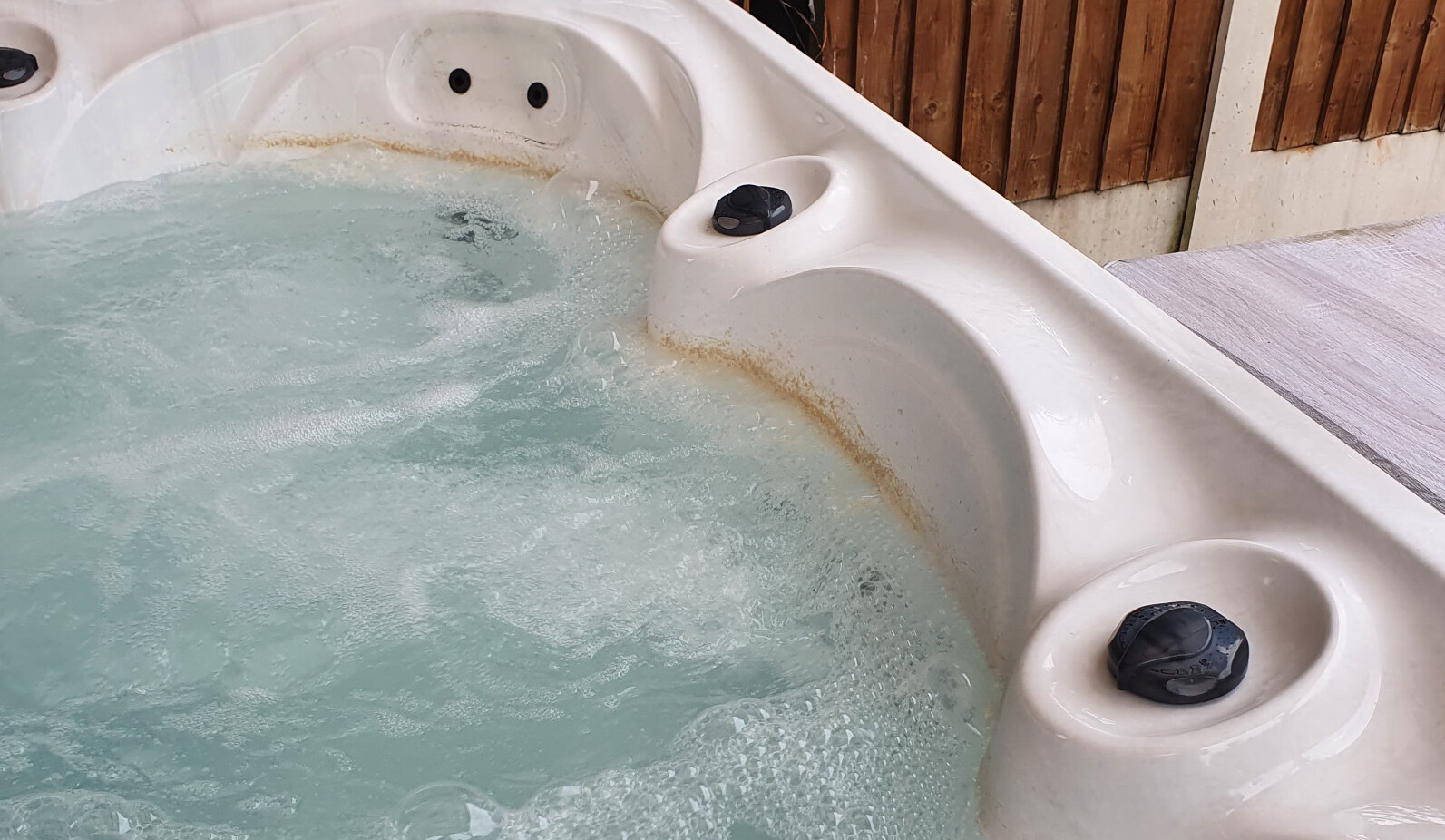
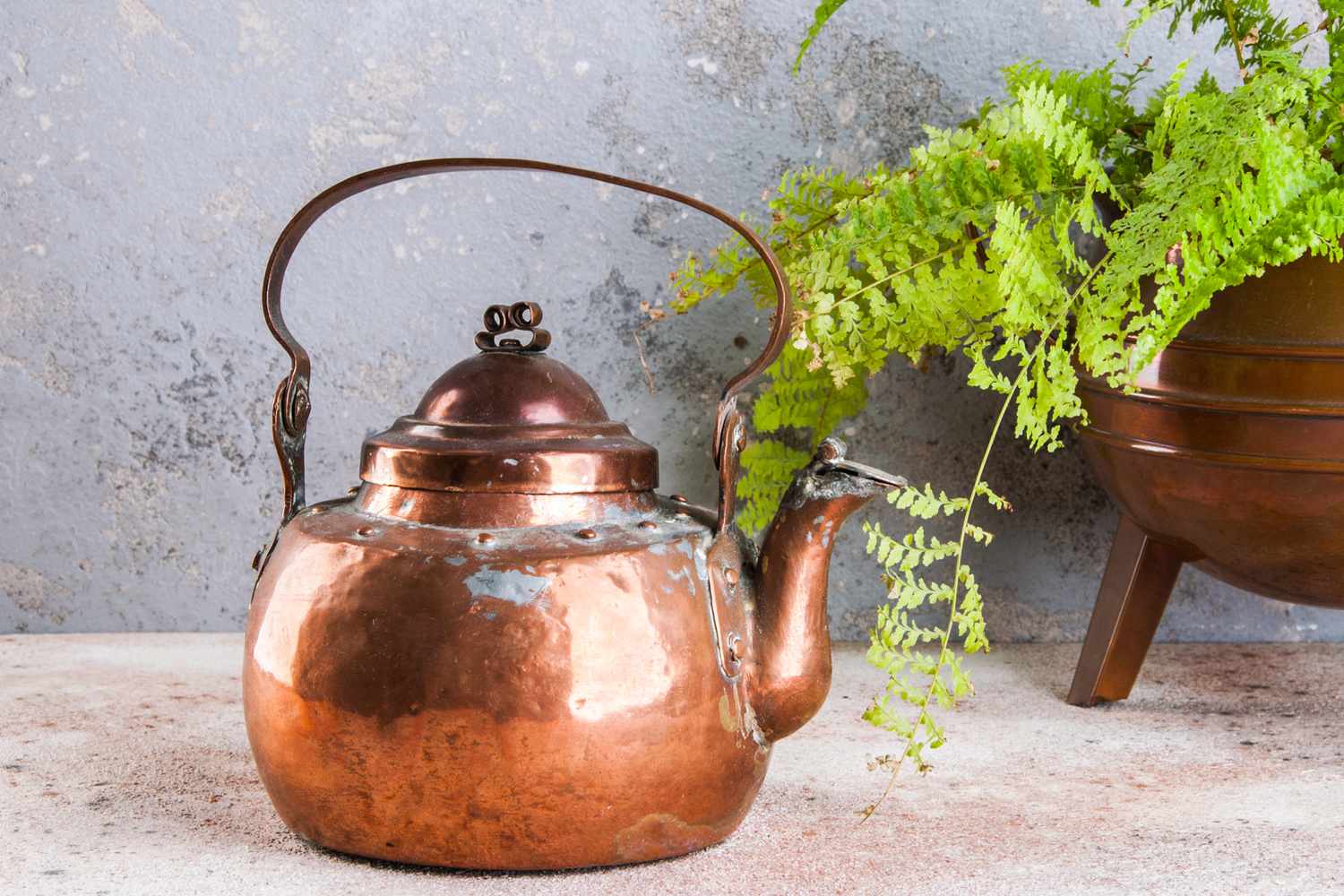
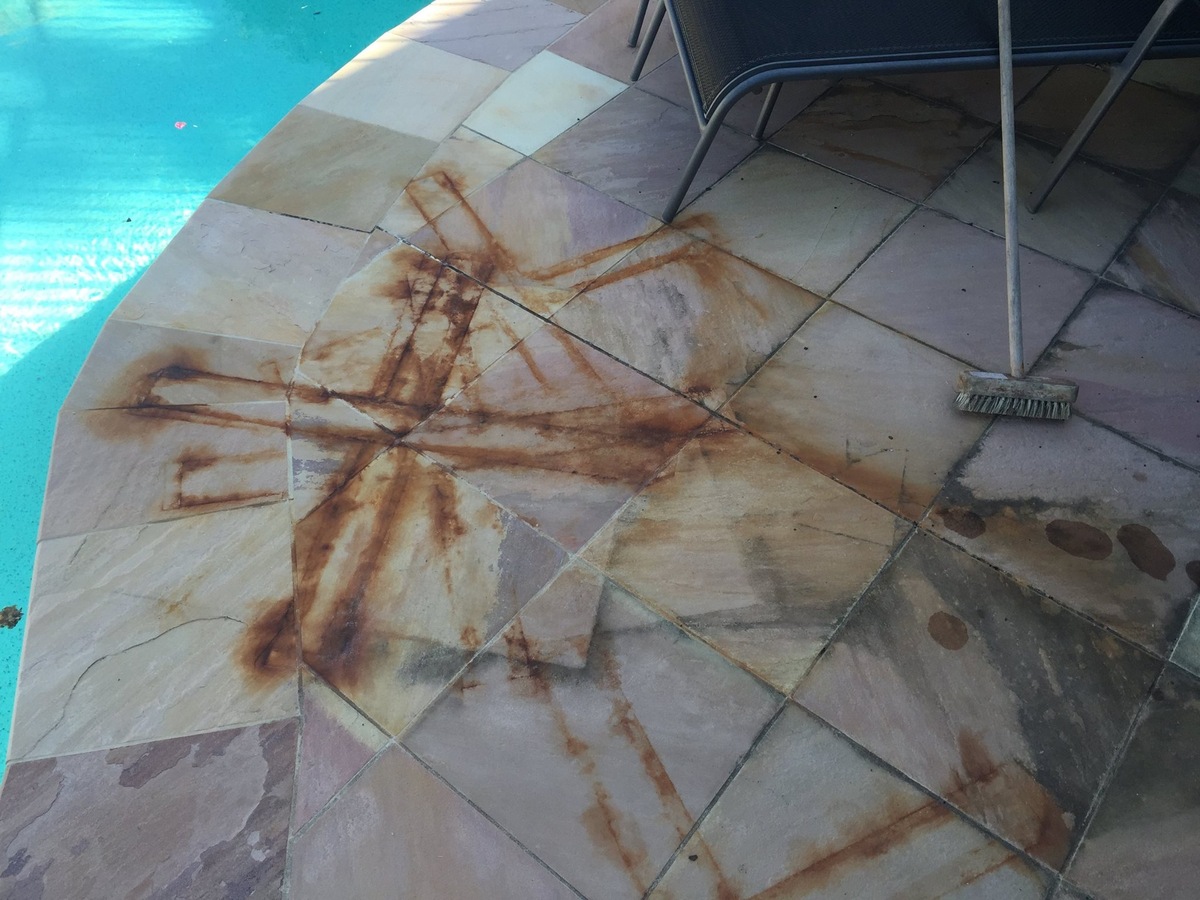
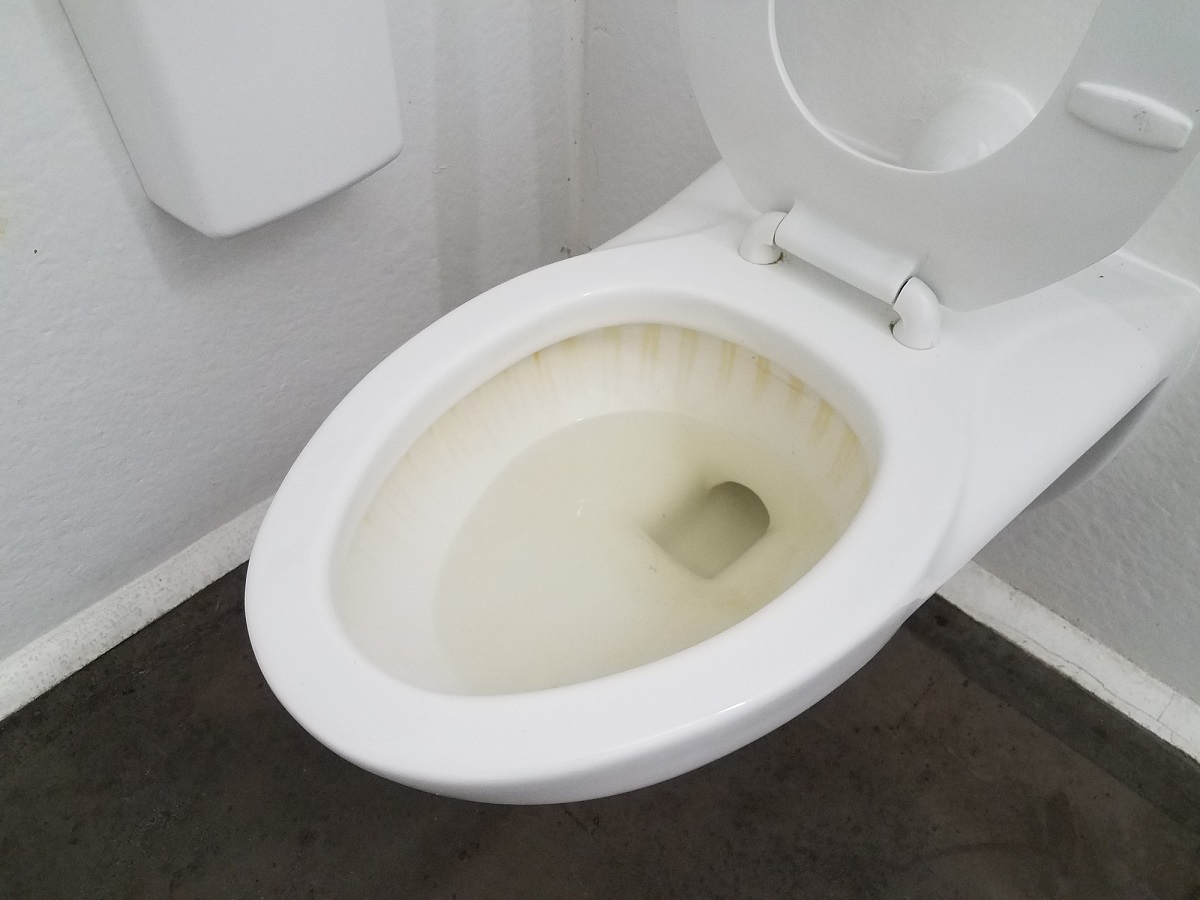
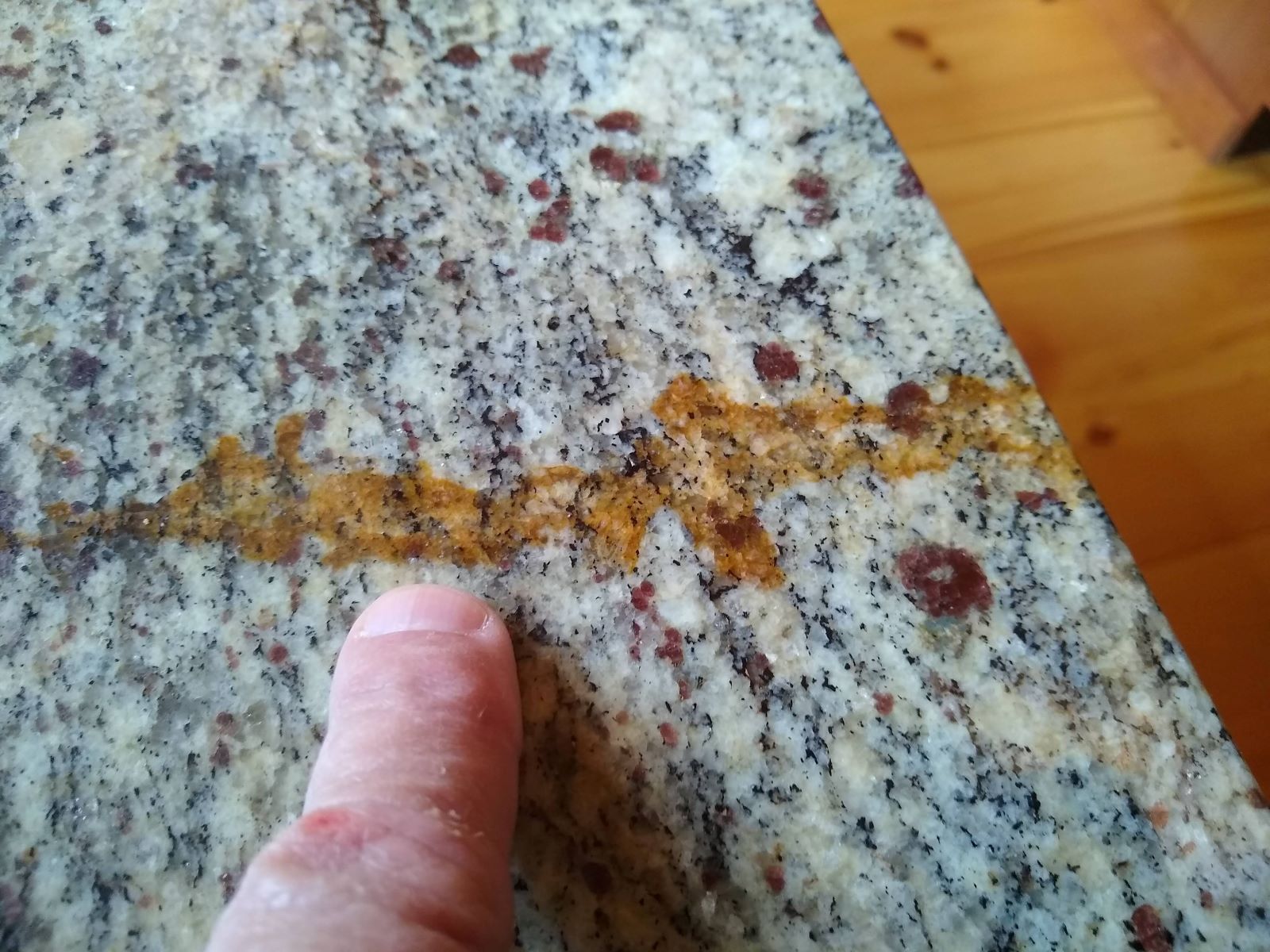
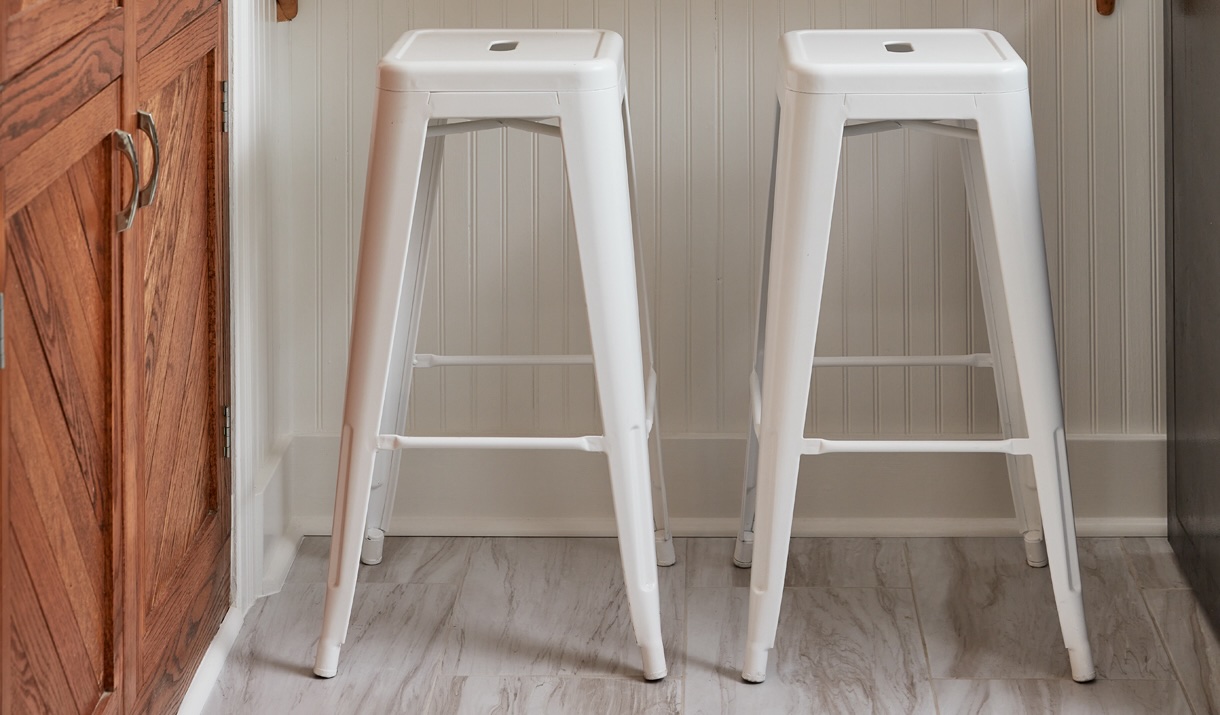
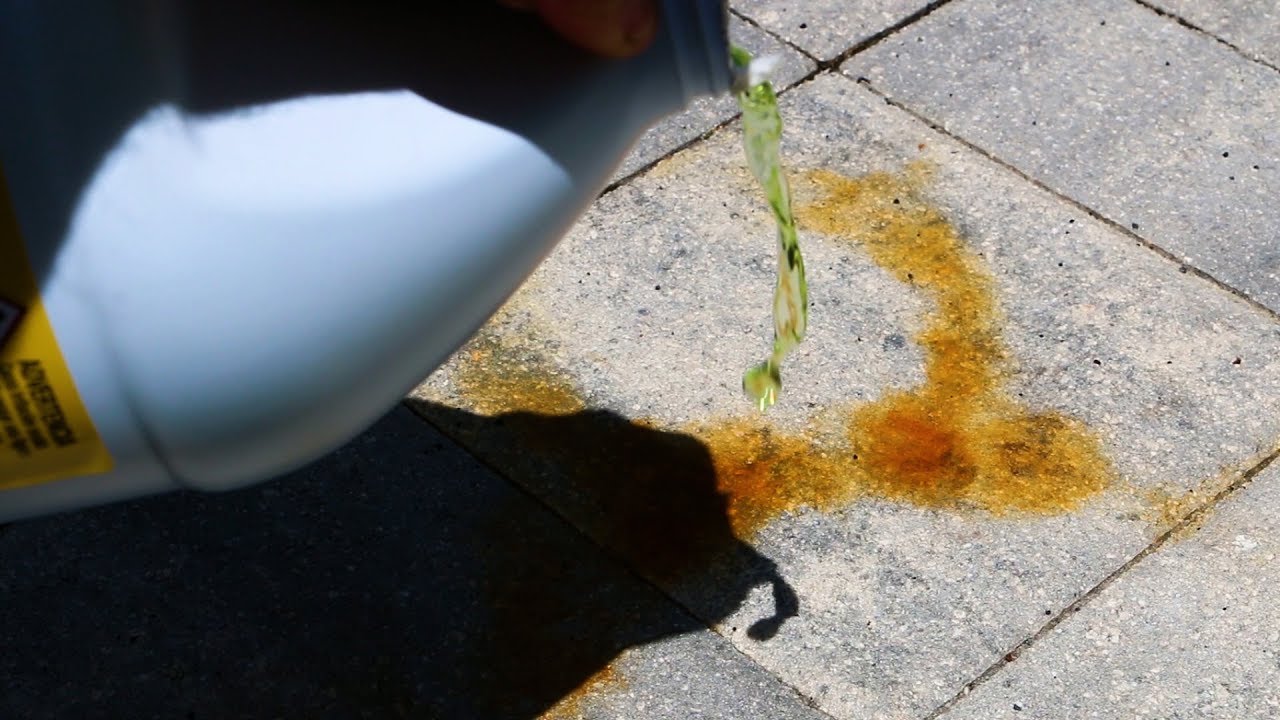
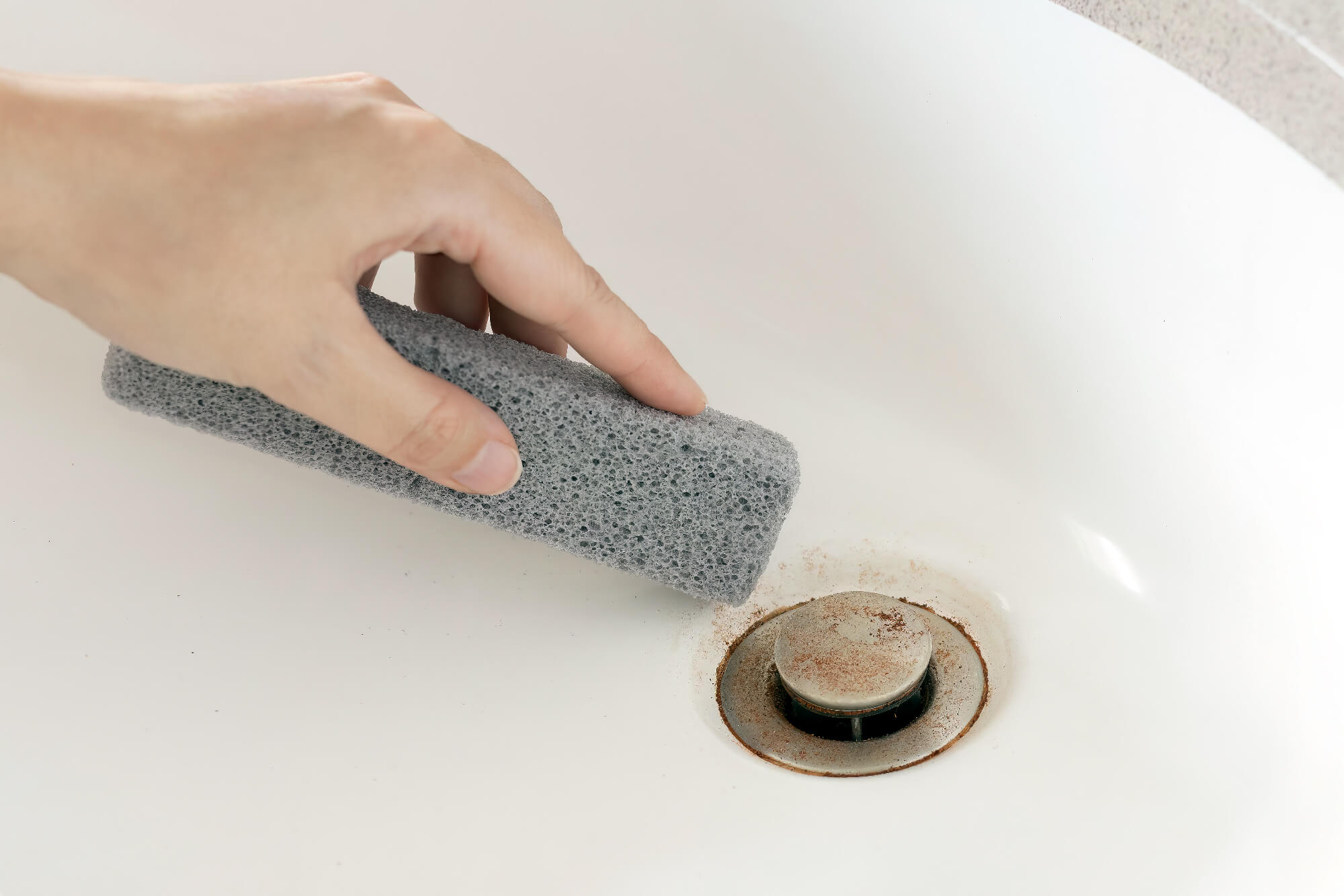
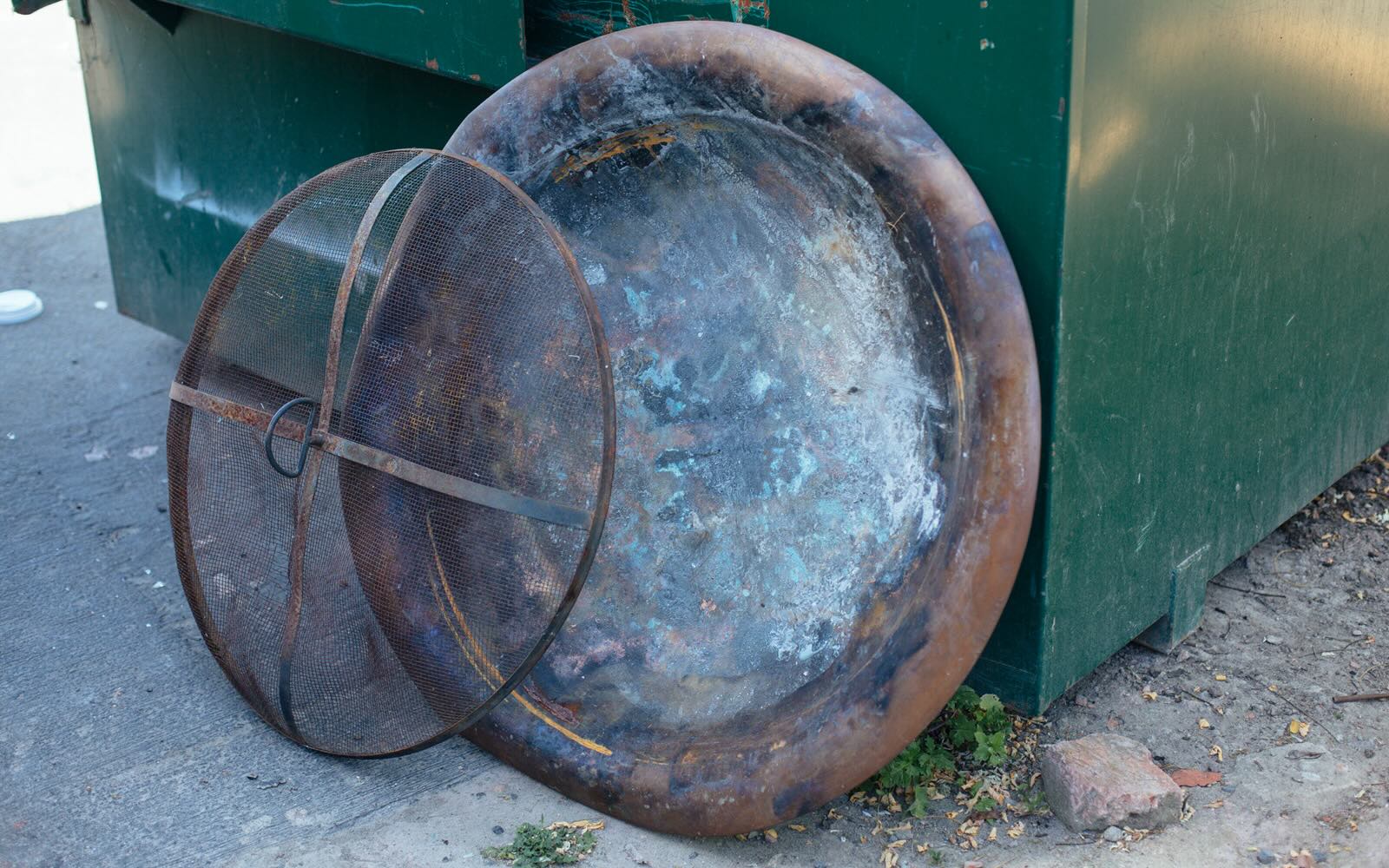
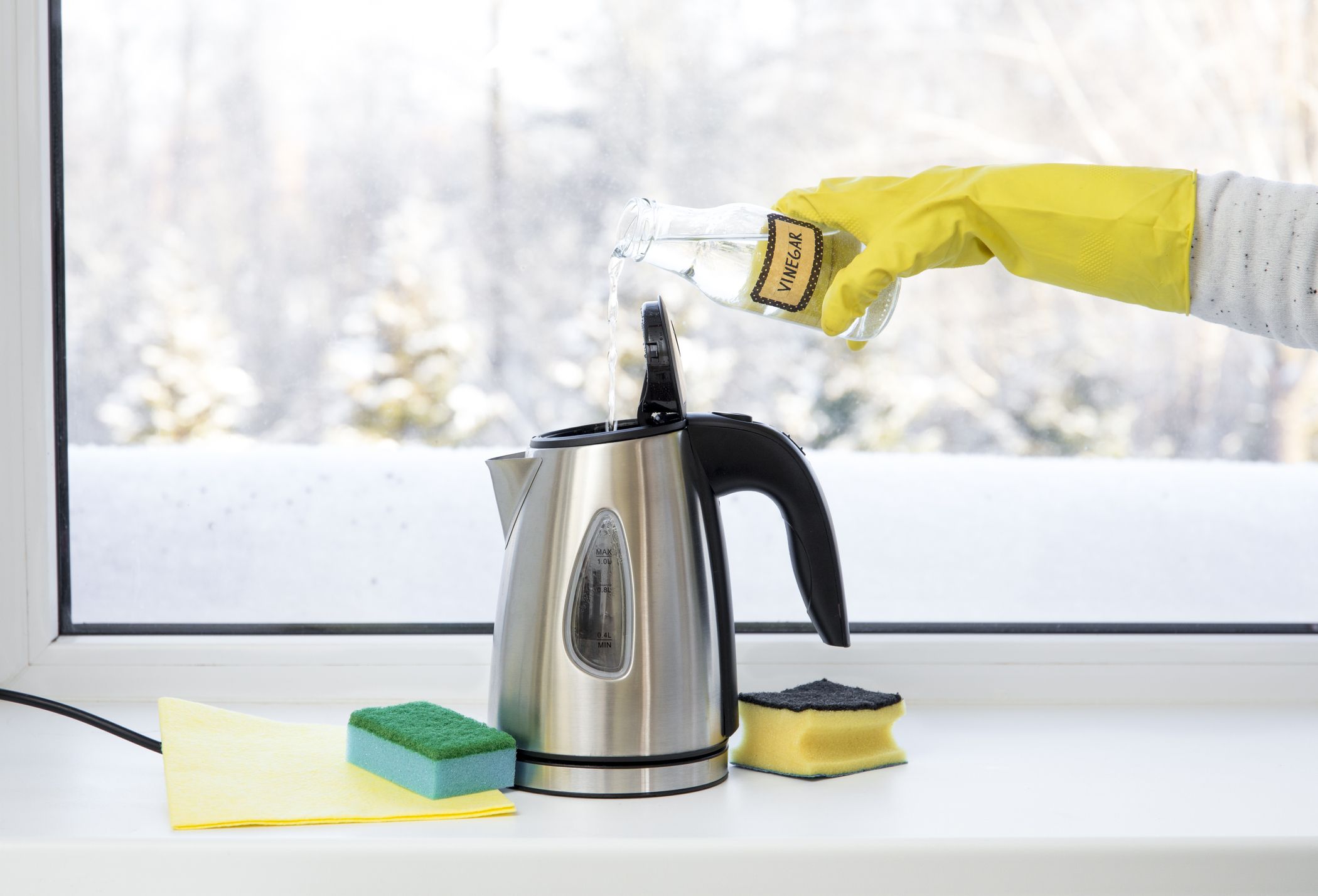
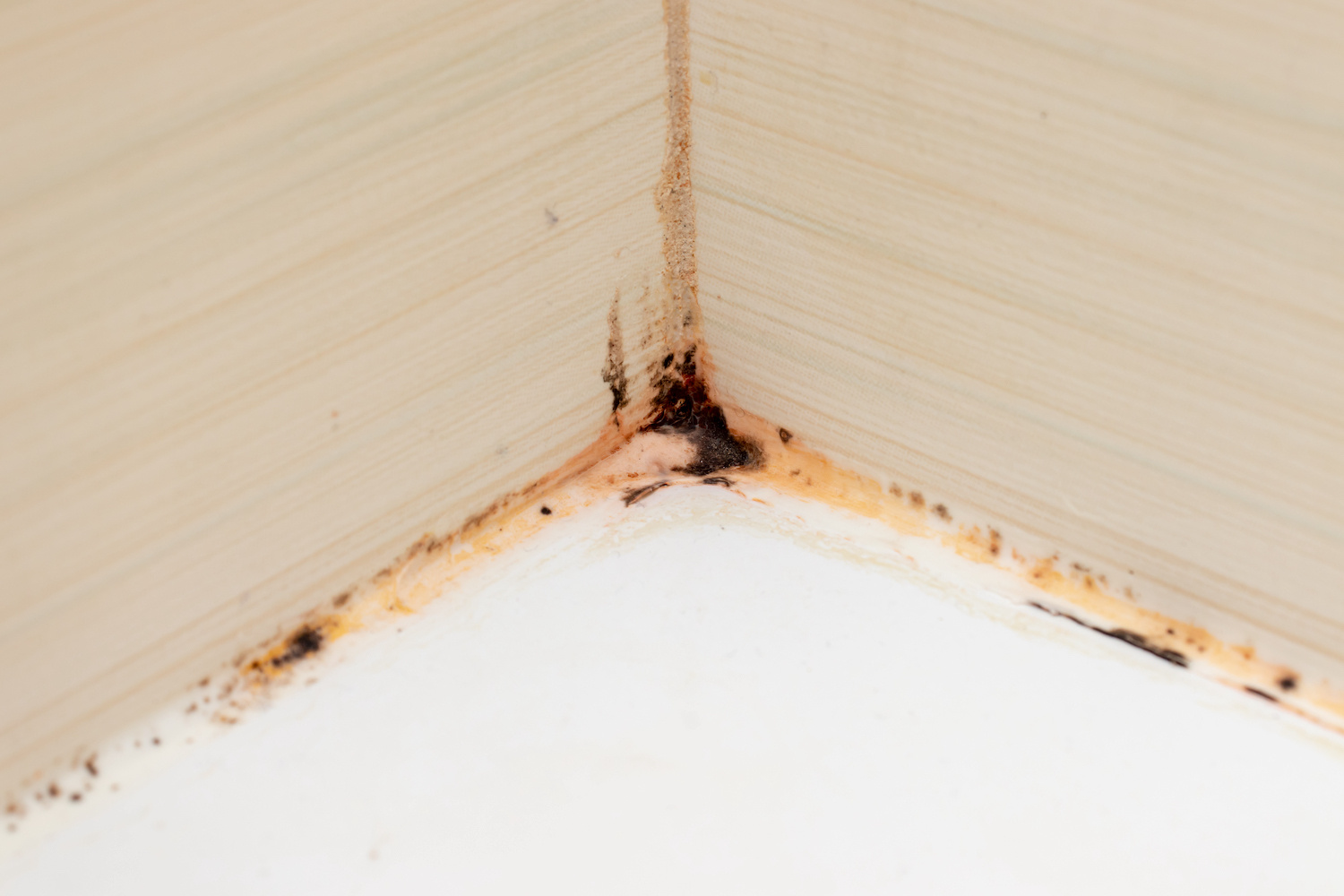
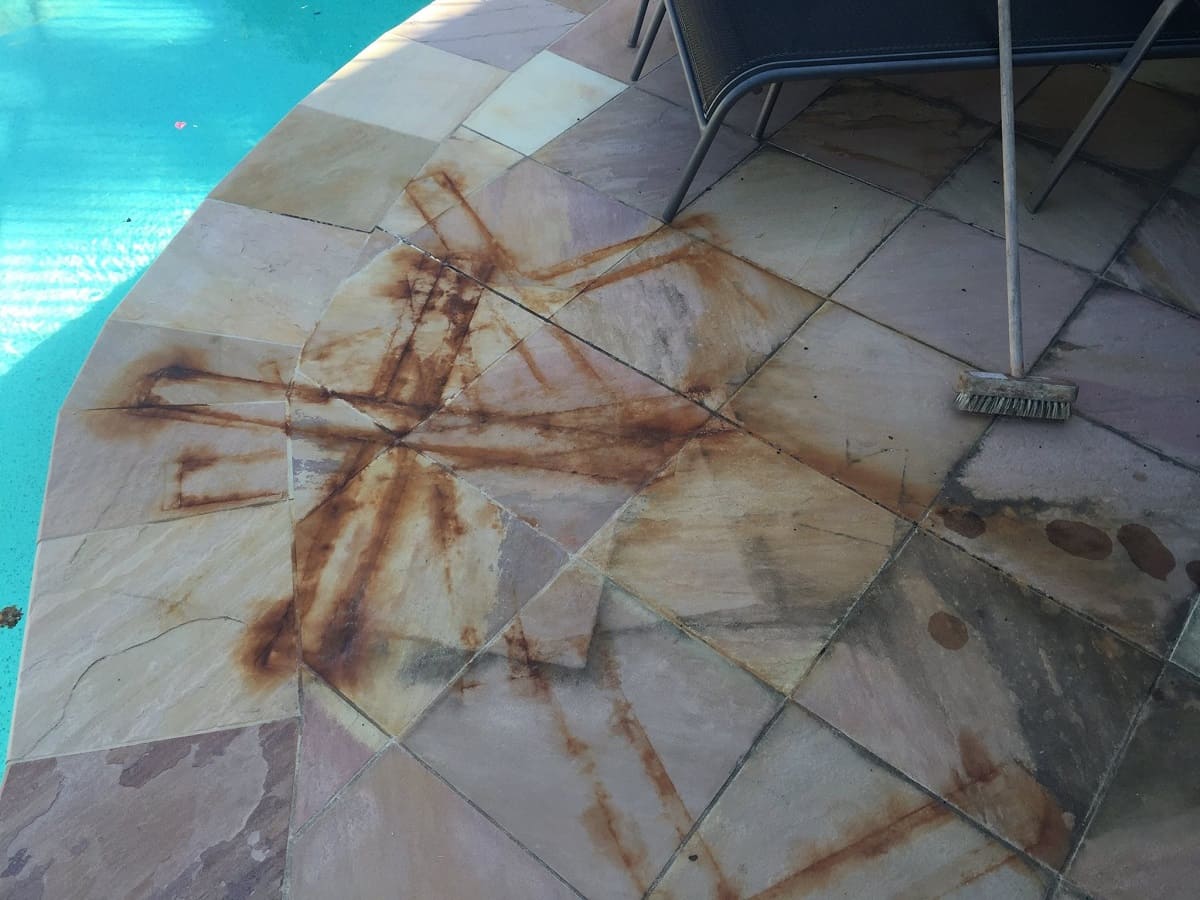
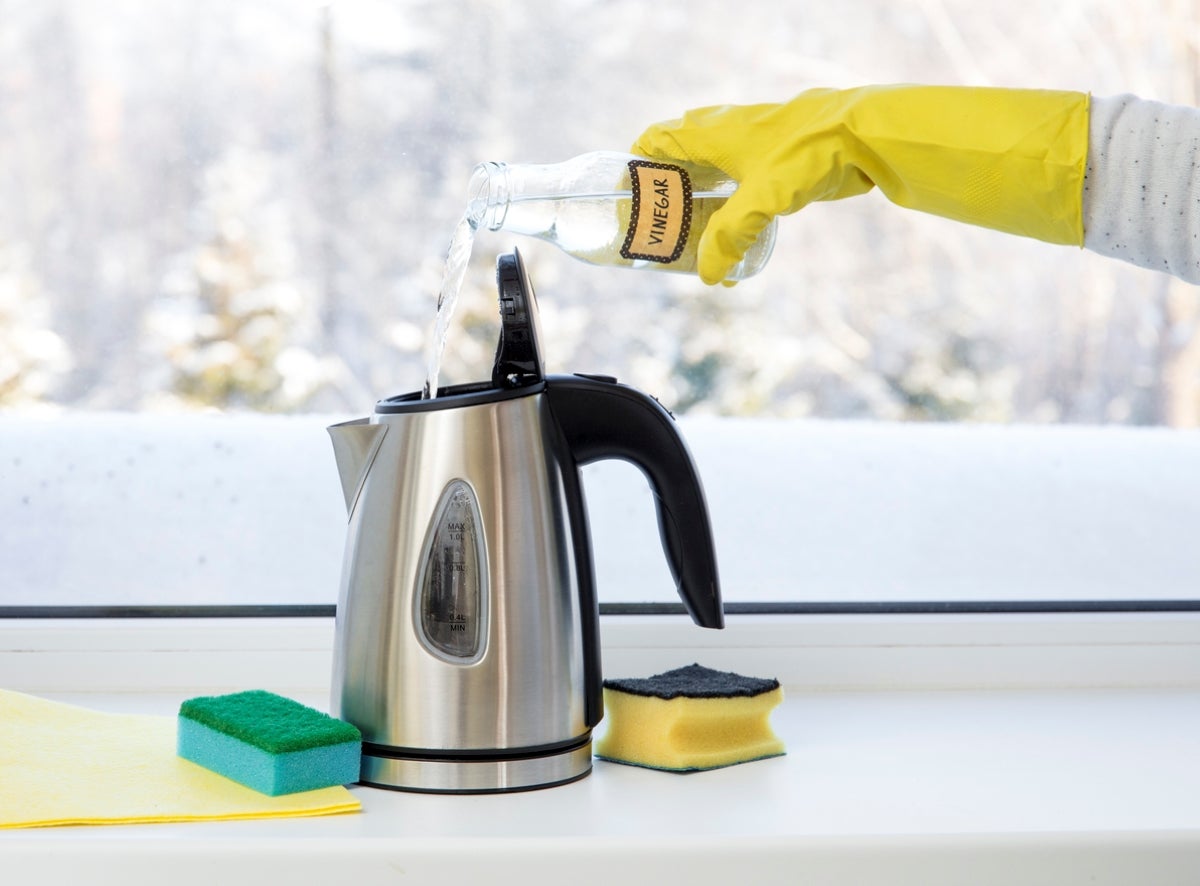

0 thoughts on “How To Get Rust Out Of Kettle”